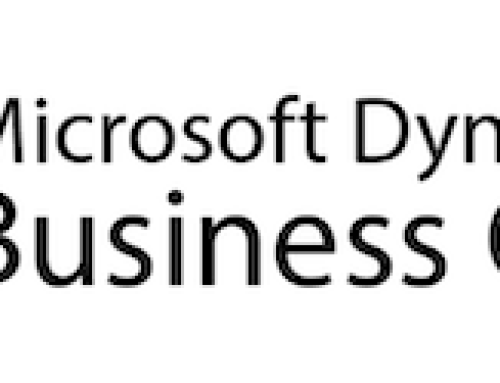The “reply-all” button is one of the most hated features of email in the workplace. It certainly has caused a fair share of drama in our offices. According to a technology-tracking firm called VoloMetrix, about 15 percent of a typical office worker’s time is spent on email. About 5 percent of those emails are “reply-all” messages. For companies with 10,000 or so employees, this amounts to tens of millions of dollars each year as a result of wasted time.
In that context, “reply-all” is more than just a nuisance: it’s a financial travesty. This becomes even more true in cases where business intelligence is a huge priority, and company secrets can inadvertently be shared with a single misplaced click.
These types of messages have a way of infiltrating company inboxes, and not always on purpose. The inadvertant “reply-all” has embarrassed more than it’s fair share of employees. Responses to company-wide emails also end up upping the “trivial to relevant,” and robbing employee productivity.
Almost everybody has the same response to these types of emails: “I hate those,” but it’s uncommon for workplaces to do anything about it.
Companies that would like to do away with these problems can take advantage of Microsoft’s Outlook plugin called “NoReplyAll.” This plugin allows the sender to make it impossible for the recipient to use the reply-all feature. This of course only works if the sender uses it in the first place. Companies wishing to cut down on trivial messages may wish to solve the problem with policy intead.
Thankfully, other solutions are also available. Reply to All Monitor, produced by Sperry Software, gives users an alert anytime they push the “reply-all” button. It asks users, “Are you sure you want to reply to everyone?” This is a simple nudge that discourages trivia in the workplace. The program, which costs under $15, can be considered a cheap form of insurance for companies where privacy is important.
Other companies that have done away with the “reply-all” feature, or instituted policies to limit it, include Nielson and Wells Fargo.
Of course, the ability to limit permissions and better regulate communication in the workplace is also a staple of more advanced CRM software solutions.
So say it with me folks, let’s get rid of “Reply All” once and for all.
Source: Eradicating “Reply All”
By CAL Business Solutions, Connecticut Microsoft Dynamics Partner












